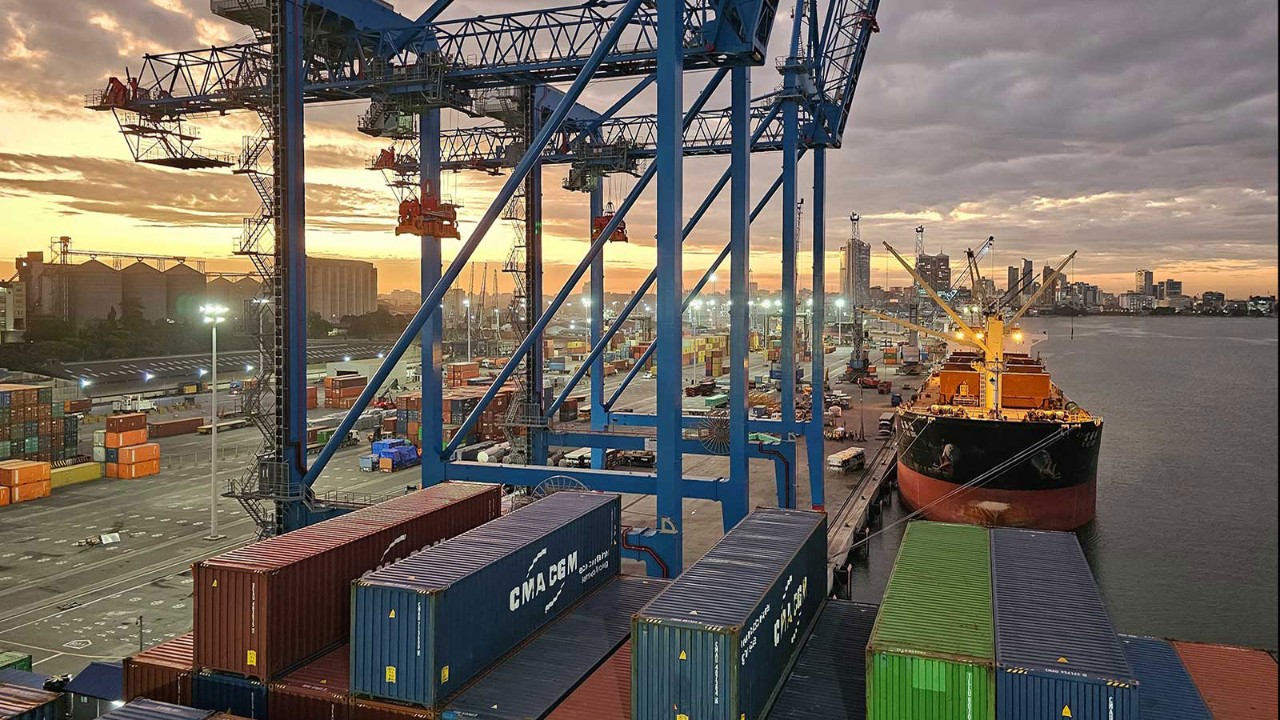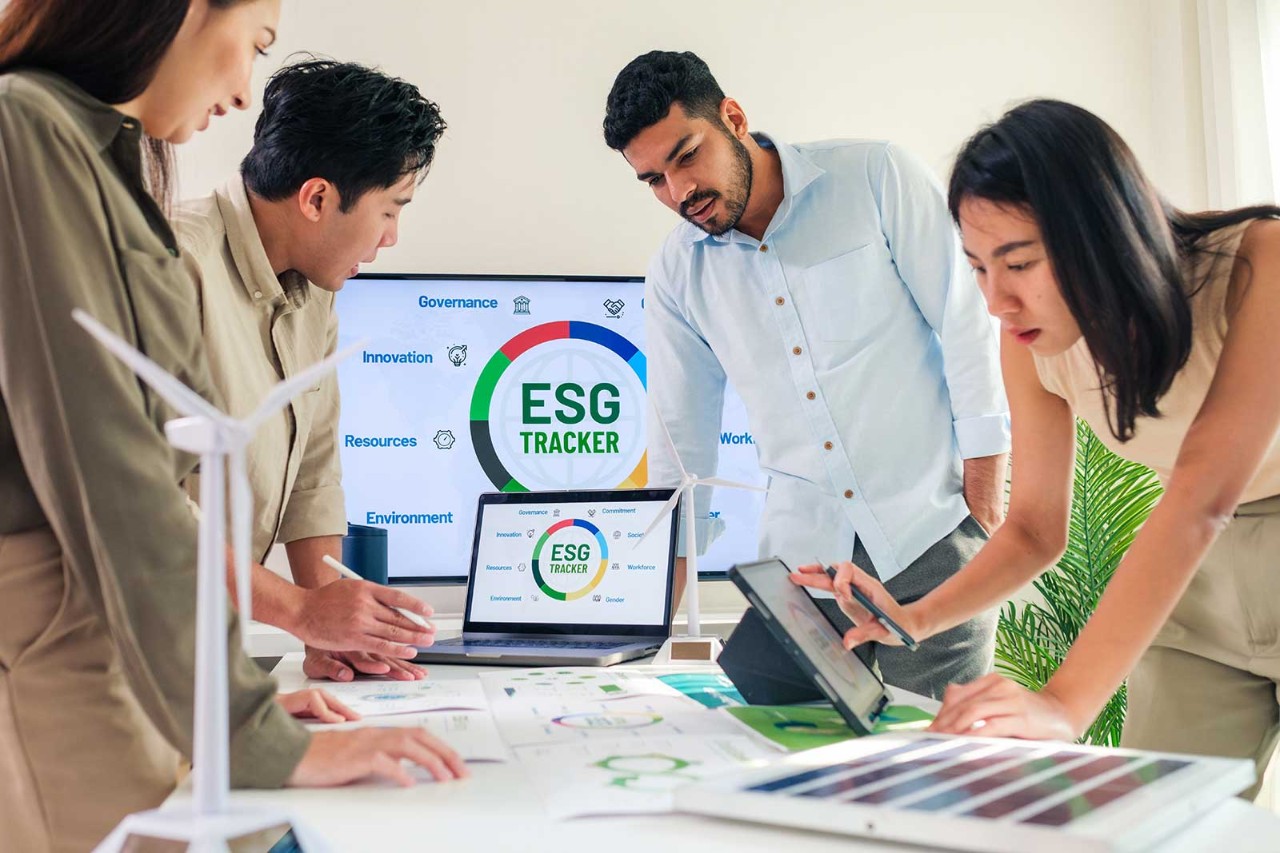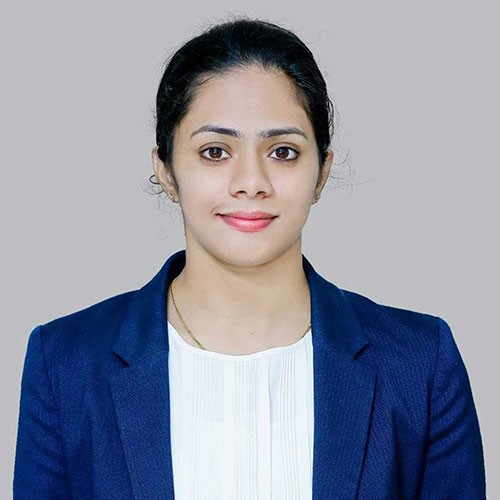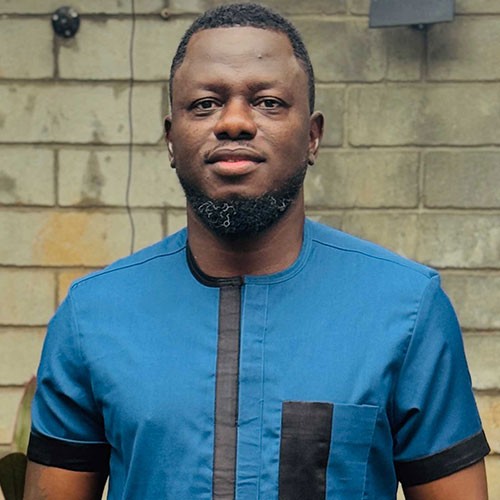
Economic collaboration between the Gulf Cooperation Council (GCC) countries and Africa has been picking up speed in recent years, with rising numbers of investments and strategic collaborations. In the last decade, GCC countries have invested more than US$100bn in Africa, led by the UAE (US$59bn), Saudi Arabia (US$26bn) and Qatar (US$7bn). UAE is now the fourth largest investor in the continent, with a focus on critical infrastructure and the promotion of sustainable development.
As economic ties between the two regions deepen, a growing number of financial institutions and investors are betting on the continent’s long-term potential. Africa’s growing consumer base, digital talent and natural resources are no longer seen as risk factors, but genuine growth drivers.
Absa Bank, one of South Africa’s five biggest lenders, recently threw its hat in the ring to service this burgeoning trade and investment between the two regions – with an announcement that it will open a representative office in Dubai in 2026.
‘Regional treasury centres are emerging as strategic gateways to Africa’
‘The office will allow Absa to serve its clients on the continent looking to do business in Gulf countries, as well as Middle East-based firms seeking access to Africa markets,’ a spokesman said.
Absa is not the only bank looking to service growing intra-continental trade. JP Morgan Chase has confirmed it has regulatory approval to open representative offices in Kenya and Ivory Coast, offering commercial and investment banking plus treasury services.
Deeper partnerships
Semih Ozkan, head of corporate payments sales MENA at JP Morgan, comments: ‘As trade and investment flows deepen across the Middle East and Africa corridor, regional treasury centres like Abu Dhabi Global Market are emerging as strategic gateways to Africa, helping corporates to trade, settle and manage risk across the corridor.’
These moves can be taken as further indicators of a deepening economic partnership, as well as healthy indicators of Africa’s increasing economic potential.
Sub-Saharan GDPs are expected to increase 3.5% this year
The World Bank says the GDPs of sub-Saharan economies are expected to increase 3.5% this year, rising to 4.3% over the following two years, with growing consumer demand, falling median inflation (from 7.1% in 2023 to 4.5% last year) and currency stabilisation, all features of the continent’s improving economic health.
The two regions’ economies have a certain amount in common. Both have natural resources and human capital-driven economies. They also have strong inter-dependencies. The Middle East provides Africa with refined energy products, such as gasoline, and in turn benefits from Africa’s agricultural exports.
Critical obstacles
The opportunity for growth is clear to the financial and advisory sector, but barriers persist. As various reports have pointed out, there are critical obstacles to intra-continental trade within Africa, including access to finance and payment system limitations.
These challenges will need to be addressed if African countries are to benefit from wider international trade. Professional accountants will have a role to play in facilitating dialogue and co-operation, if gaps between business, finance, institutional and policy ecosystems are to be bridged.
GCC Investment in Africa is not limited to traditional sectors
In the meantime, the opportunity Africa presents is firmly established as far as some notable Middle East ventures are concerned.
Port and logistics giant DP World, headquartered in Dubai, is both an investor and a beneficiary of this increasing trade. Its commitment to growing its presence in Africa was demonstrated in 2022 in its US$890m cash purchase of South Africa’s Imperial Logistics, which has an extensive footprint on the continent and across Europe.
Natural resources
Last year, Zambia’s Mopani Copper Mines named International Resources Holdings (IRH, a unit of IHC, Abu Dhabi’s most valuable listed company) as its new strategic investment partner, part of a restructuring at the mining company. IRH acquired a 51% stake in Mopani, investing US$1.1bn.
Since 2019, Emirates Global Aluminium, jointly owned by the sovereign wealth funds of Abu Dhabi (Mubadala) and Dubai (Investment Corporation of Dubai), have been operating in Guinea, mining bauxite through a mining subsidiary, Emirates Global Aluminium.
The venture has since been suspended, due to a dispute over claims that EGA has not fulfilled its obligations around providing aluminium refinery resources. But it demonstrates the criticality of Africa’s natural resources as far as Middle East companies are concerned.
The Middle East’s importance to Africa is hard to overstate
Investment in Africa is far from limited to traditional sectors. Etihad 7, a programme launched at Abu Dhabi Sustainability Week in 2022, aims to provide clean electricity to 100 million Africans by 2035, operating through a growing network of bilateral agreements and project structures tailored to suit national contexts. Under its umbrella, the Middle East’s biggest renewable energy company, Abu Dhabi-based Masdar, has committed to invest US$10bn to deliver 10GW of clean energy capacity in Africa by 2030, with Angola, Mozambique, Uganda and the Republic of Congo named as priority markets. Projects underway or completed include wind and solar ventures in South Africa, Seychelles, Egypt and Senegal.
The continent’s technology ecosystem is also a focus. Last year, Abu Dhabi’s Mubadala announced the formation of African-focused venture capital fund Partech Africa II, part of global technology investment firm Partech.
Partech Africa II, one of the largest venture capital funds dedicated to tech startups, reached a €280m cap in 2024. The fund is a joint venture with French public investment bank Bpifrance and is set to target companies seeking seed to series C funding commitments.
However, according to the International Finance Corporation, investment in African technology startups has fallen steeply since 2022, a trend reflected in other territories. The IFC, reporting figures from the Pitchbook database, says that median deal value nevertheless continues to climb, suggesting that higher-quality startups are still attractive.
Combined strength
The Middle East’s importance to Africa is hard to overstate. As a recent Next Africa report from Bloomberg points out, the combined firepower of the sovereign wealth funds of Abu Dhabi, Kuwait, Qatar and Saudi Arabia amount to an estimated US$4trn in assets. The African Development Bank’s capital resources, meanwhile, amount to around US$400bn, out of which it lends US$10bn annually. That is reportedly less than a tenth of the regional demand.
This sharp contrast highlights the scale of capital the Middle East can deploy and the central role it can play in bridging Africa’s investment gap. As both regions look forward, deeper financial collaboration will not just be strategic, but essential.



